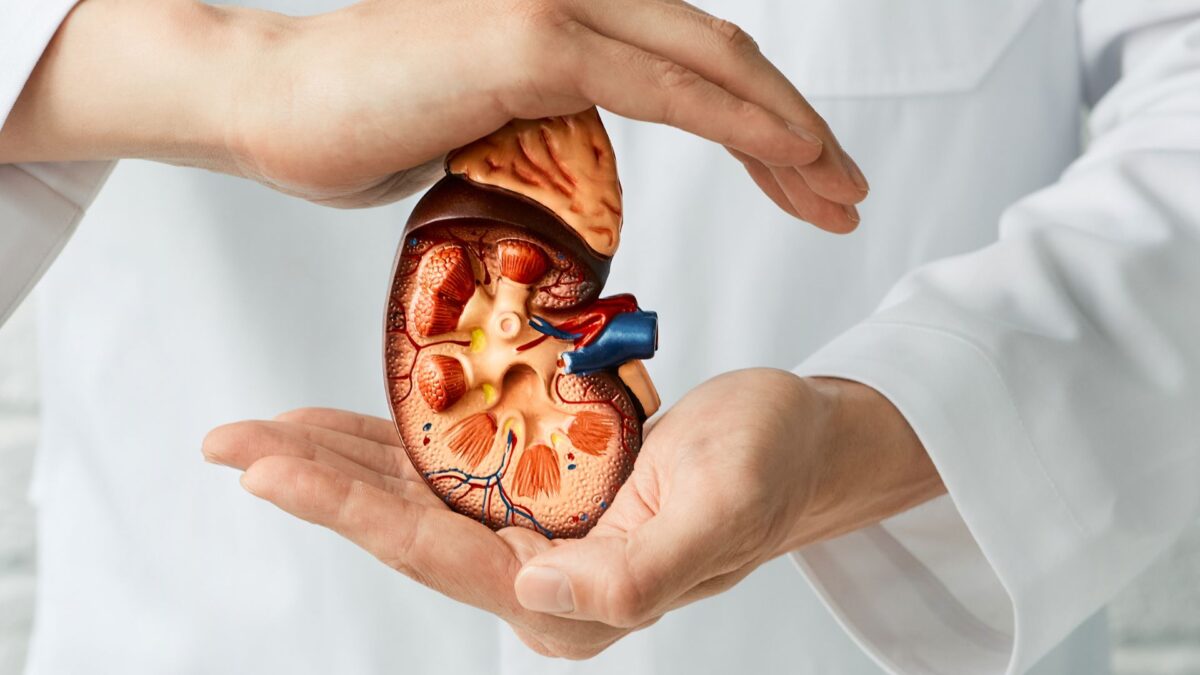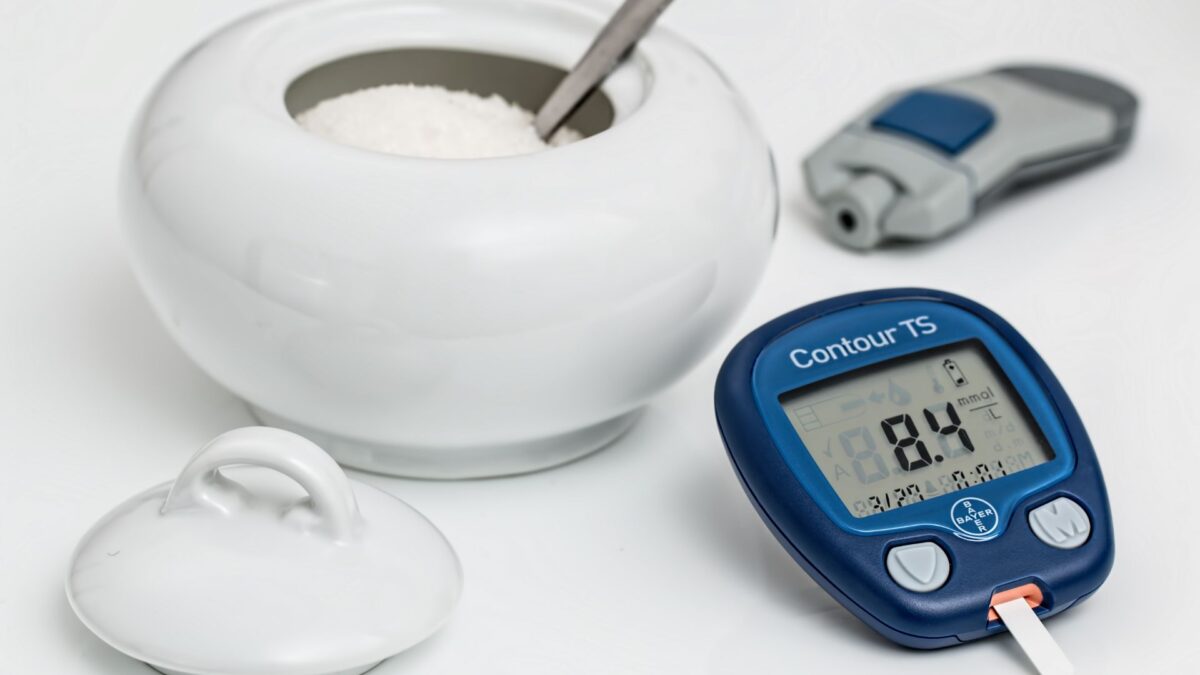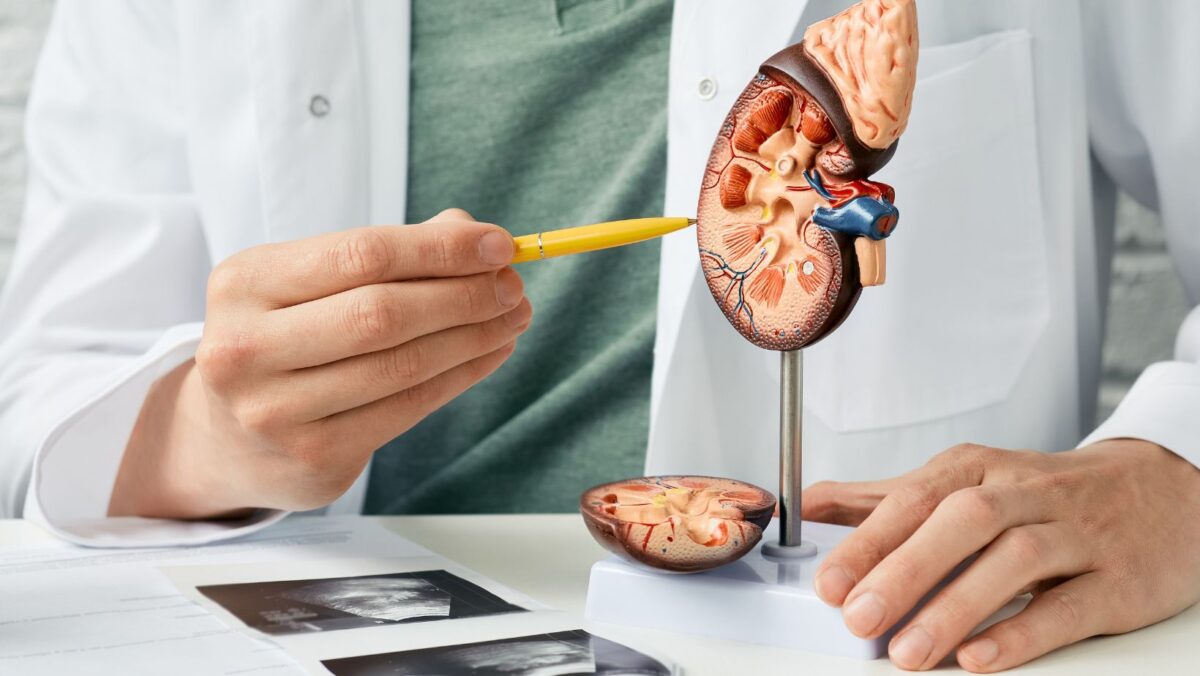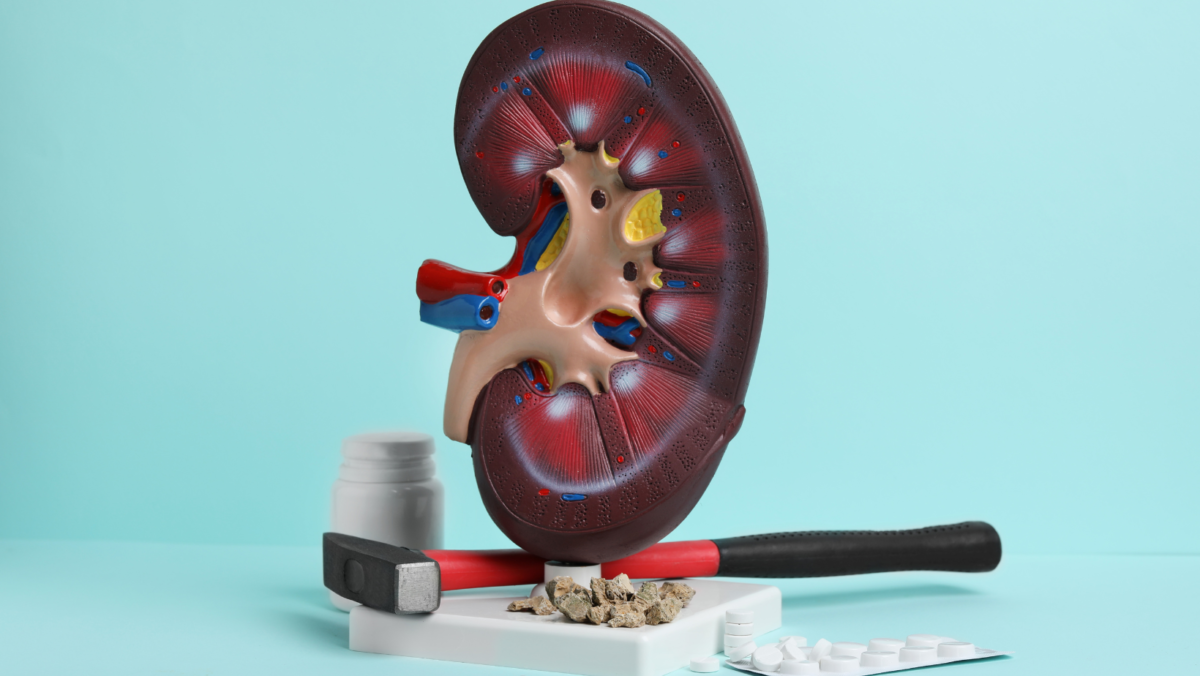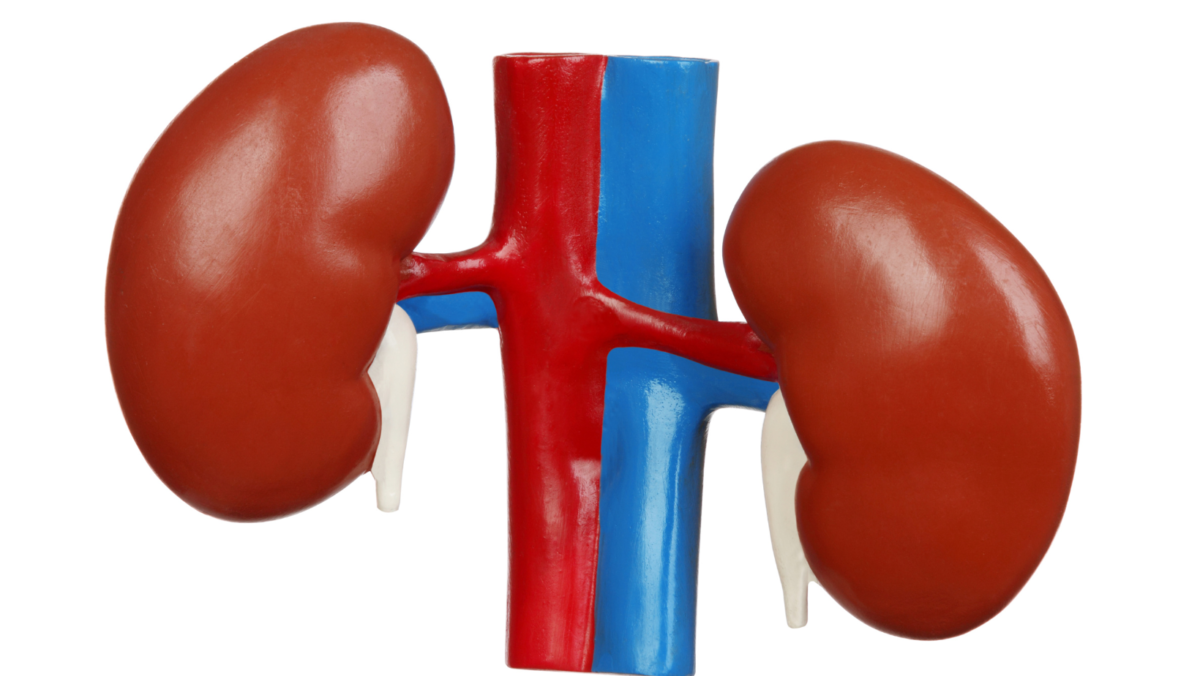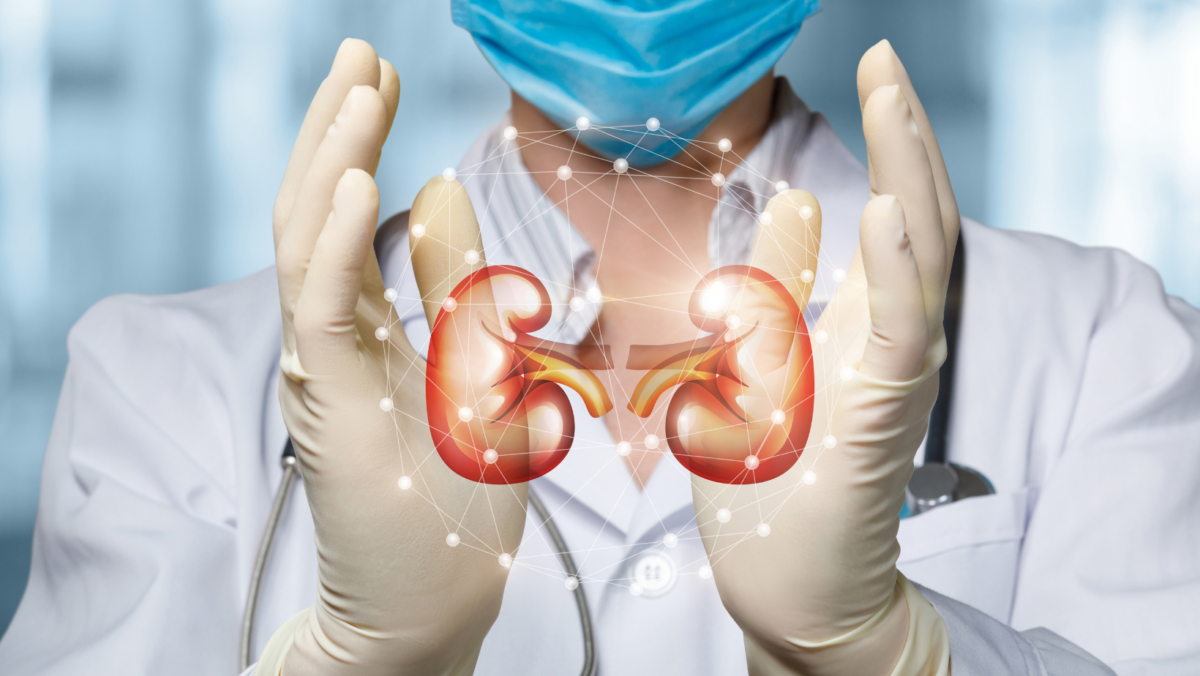You may not know it, but the kidneys are pretty amazing organs. Not only do they help us filter out waste products and excess fluids from the blood, but they also help to control blood pressure and keep our bones strong. When something goes wrong with our kidneys, it can have a serious impact on our health.
In this article, we’ll take a closer look at some of the current issues in nephrology and dialysis. We’ll also explore the debate over organ transplantation, and discuss some of the possible solutions to the current kidney health crisis.
Introduction to Nephrology
Nephrology is the study of the kidneys and everything related to them, from their structure and function to how they impact other parts of the body. It’s a complex and fascinating topic and one that’s becoming more important all the time as we learn more about how our kidneys work.
Your kidneys are amazing organs, and they do a lot more than just filter your blood. They also help regulate blood pressure, produce red blood cells and keep your bones healthy. They’re responsible for so many crucial functions that it’s no wonder we need to take care of them.
Overview of Dialysis
Dialysis is a medical treatment that is used to replace the function of the kidneys. It is a life-saving treatment for people who have kidney failure, and it is important to understand the different types of dialysis so you can make an informed decision about your care.
There are three types of dialysis: hemodialysis, peritoneal dialysis and renal transplantation. Each type of dialysis has its own benefits and drawbacks, so it is important to discuss them with your nephrologist to find the best option for you.
Challenges in Transplantation
One of the biggest challenges in transplantation is finding a good donor match. Your donor has to have similar antigens as your recipient, otherwise, your body will reject the new kidney. This is why race and ethnicity play such a big role in donation and transplantation.
Unfortunately, there aren’t enough donors to meet the needs of all those who are waiting for a transplant. And even when a donor match is found, there are still risks involved in the surgery. The recipient’s immune system has to be suppressed so that it doesn’t attack the new kidney, which can leave them vulnerable to other infections.
Considerations for Patient Education and Quality Care
As a nephrologist or renal care provider, you play a vital role in not only diagnosing and treating kidney diseases but also in educating your patients about their condition and how to best manage it.
Unfortunately, there are many barriers to providing quality patient education, such as lack of time, language barriers, and patient’s lack of understanding of their condition.
That’s why it’s so important to be aware of the resources available to you and your patients. The National Kidney Foundation’s Patient Education materials are a great place to start.
These materials are designed to help patients understand their kidney disease, what treatments are available, how to make lifestyle changes to protect their kidneys and more.
In addition to the NKF materials, there are many other patient education resources available online and in print. The important thing is to take the time to find the resources that will work best for your patients.
Cardiovascular Complications of Nephrology and Dialysis
You might not know this, but cardiovascular disease is actually the leading cause of death in people with kidney disease. In fact, it’s responsible for about half of all deaths in this population.
There are a few reasons why people with kidney disease are at an increased risk for cardiovascular disease. For one, kidney disease can cause high blood pressure, which is a major risk factor for heart disease. Kidney disease can also lead to anemia, which can also put a strain on the heart.
But it’s not all doom and gloom—there are things that can be done to help reduce the risk of cardiovascular complications in people with kidney disease. Treating high blood pressure and anemia are two big ones. And there are also some medications that can help protect the heart in this population.
Conclusion
In conclusion, it is important to explore the current state of nephrology and dialysis as it stands. With the advent of new technologies and treatments, we are able to extend the life of patients with renal failure and improve their quality of life. However, there are still significant challenges that need to be addressed, and we must continue to explore new ways to improve the care of these patients.


